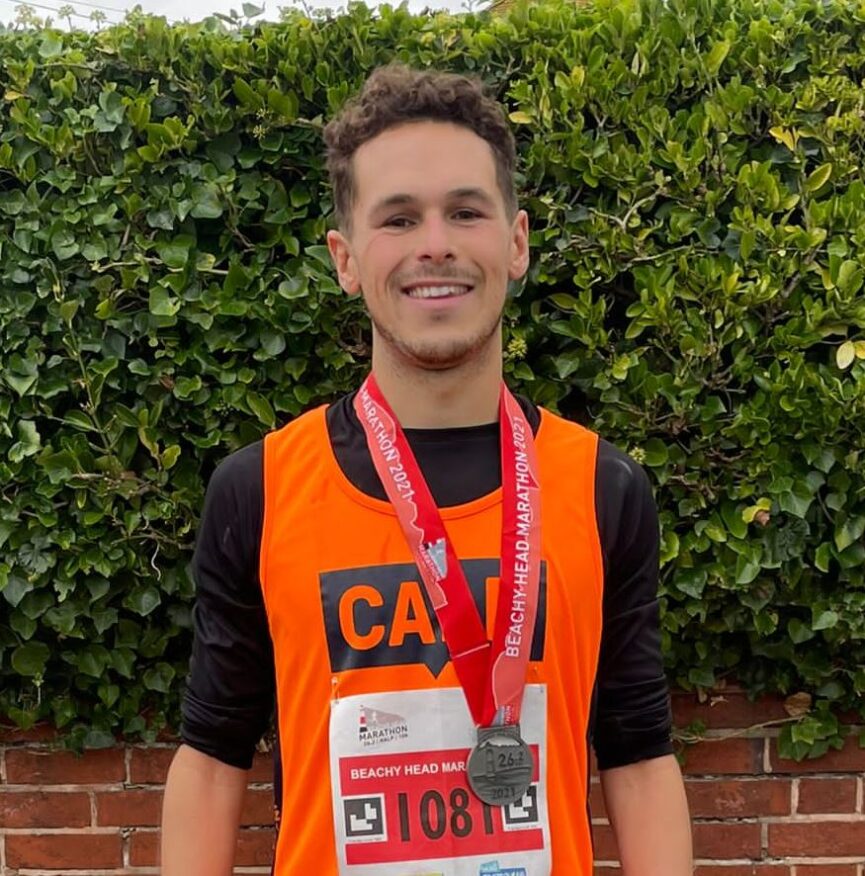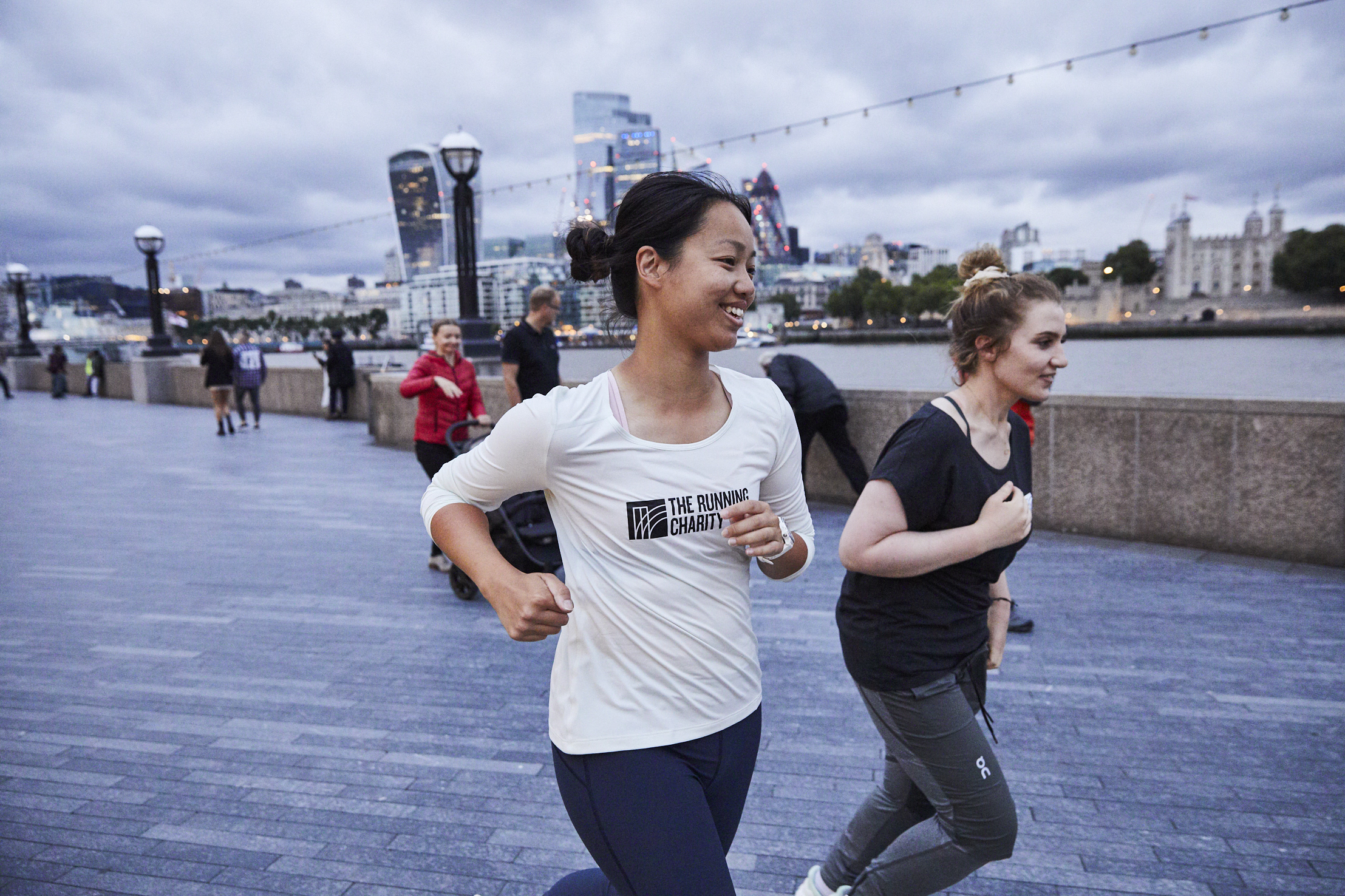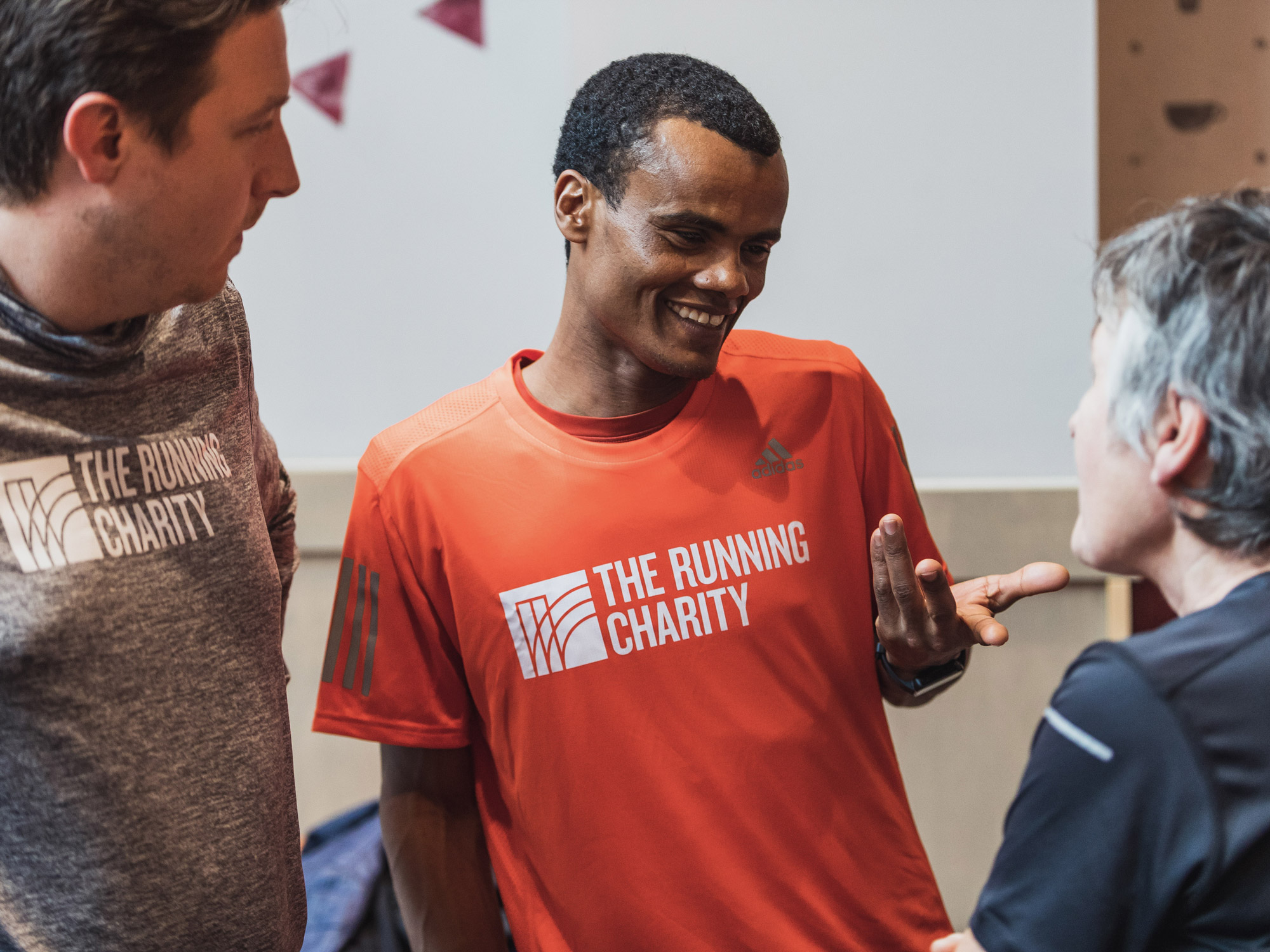News
Women and Homelessness
43 is the average age a homeless woman dies. Yes, you read that right, 43. During these past twelve years that I have been interested in the way that social structures interact with the causes of homelessness, no statistic has ever struck a chord quite like that one. It may seem rather obvious that a woman who finds herself without shelter or access to medical care and family support is more likely to die than the average woman is at 89 years old – but 43 is just so young. It is also notable that, in contrast to the gender divide witnessed in the overall population, homeless men are dying on average four years later than homeless women.
Homeless women are clearly facing unique life-shortening struggles.
However, there are sadly so many statistics to be shocked by. For example, 20% of homeless women have become homeless whilst escaping domestic violence and, for homeless young women in particular, up to 57% report having been abused by a partner. Also, despite the common conception that youth equates to resilience, it is worth stating that homeless young people aged 16 to 24 are twice as likely to die as those in the general population.
It is widely accepted that being young and being a women are often tough irrespective of circumstances, but it seems this can put you at a very real disadvantage when you become homeless. With the number of young women experiencing homelessness rising in recent years, there is a genuine need for dynamic and thoughtful services that address their needs.
This month, thanks to funding from BT Supporter’s Club, The Running Charity is recruiting their first women’s programme officer, who will be based in London. What this means is that we will be able to reach more homeless young women by tailoring our services to their needs and being able to be flexible and responsive to the requirements of the hostels or centres where they may be staying. The charity will target women-only hostels in London, alongside being able to offer women-only sessions at the locations of our current mixed programmes. The women’s programme officer will also provide the opportunity for the charity to deliver specific workshops around issues that disproportionately affect homeless women.
This role means a great deal to The Running Charity because we believe that young women deserve better than the statistics which have served to define them in recent years. Although we have worked with many young women over the years, the whole team is excited to be able to strategically respond to this often maligned homeless group.
If you enjoyed this article or wish to support our cause please consider donating to The Running Charity
simply text IRUN43 plus the amount you wish to donate to 70070
for eg. “IRUN43 £4” to 70070







